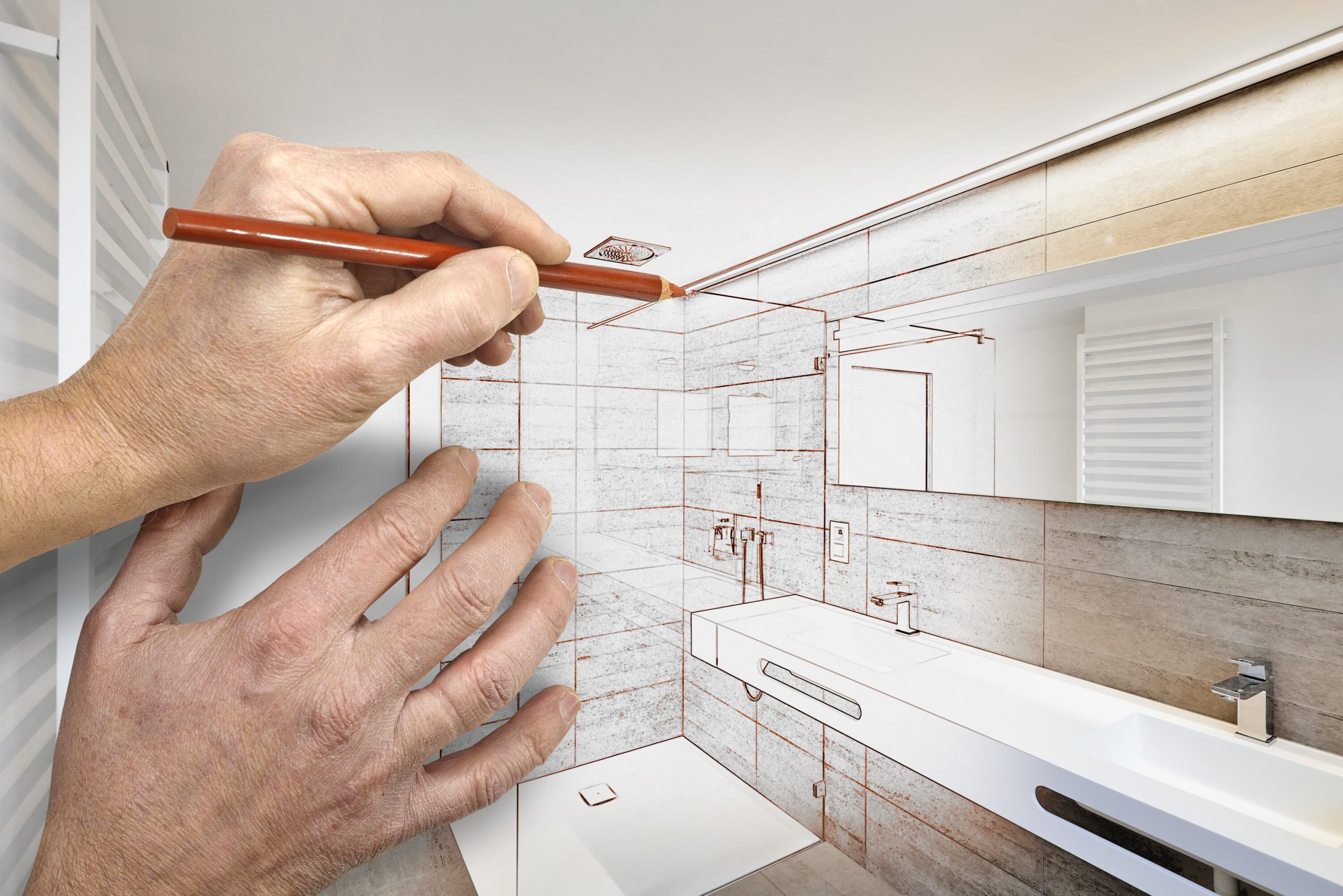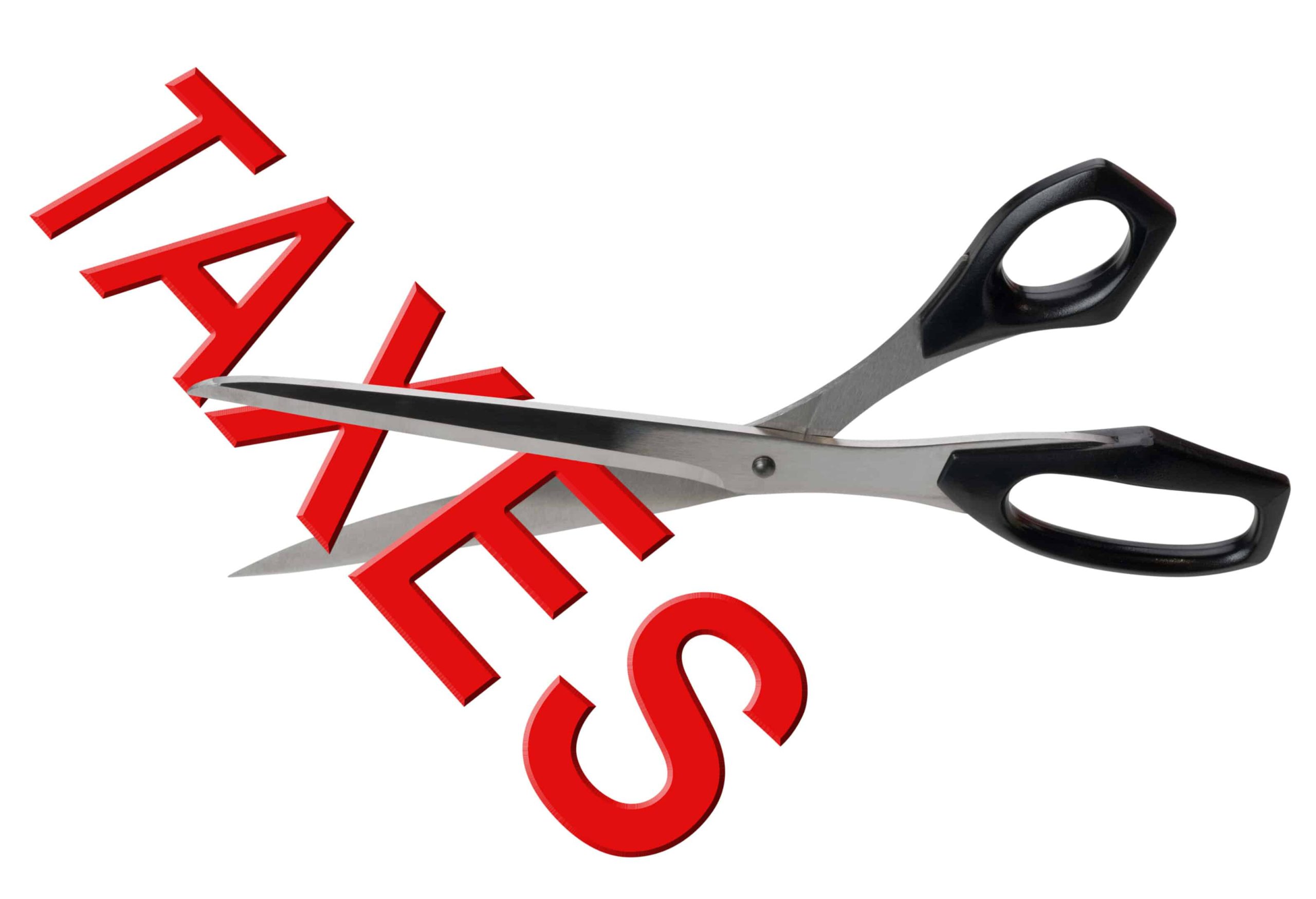
Understanding How Your Energy is Billed Can Save You Money
Most of you opened last month’s power bill to a great shock. How was the bill so much higher when you didn’t do anything different than any other month? Maybe you lowered the thermostat thinking you could actually save a little money and still the bill was unbelievable. Understanding how energy companies bill can save you money. Adjusting your energy use routine can also bring that bill back down. To understand energy use, know the terms.
See Also: Contact Us
What is a Black out?
- A blackout is when power is lost in a service area.
- Blackouts come without warning.
- They last for indeterminate periods.
- They are typically caused by catastrophic equipment failure or severe weather.
What is a Brown out?
- A brownout is a partial, temporary reduction in system voltage or total system capacity.
- This often occurs when more power is being used than the energy company can keep up with.
- Power companies may ask the public to conserve power during this time.
- In most cases, brownouts are deliberately produced by energy providers.
- Most of the time the utility company lowers the voltage by a small percent to take some pressure off the system.
What are Peak Hours?
Peak hours is when the utility companies experience the most demand for power. Peak hours typically occur throughout the day and into the early evening. Brown outs can also be a time when energy is billed higher. Power companies are having to use all means to produce power during that time and it is costing more to do so.
Energy companies will charge customers different rates depending on the time of day. Your billing rate may be higher during peak hours and lower during off-peak hours even when using the same amount of energy. Find out when it’s cheapest to run your appliances and make small changes to your routine for these times.
See Also: Simple Upgrades to your HVAC for Autumn
Use Your Power Meter to Your Advantage.
Reading your meter is how your local power company calculates your bill. By learning to read it yourself, you can take steps to save energy. This can reduce your bill. Meters measure how many kilowatt-hours your home has used. You may have a dial meter or a digital meter. A Digital meter is very straight forward and you can just write down the number you see. A dial meter can seem overwhelming at first. Once you get the hang of it, it’s easy to read.
How to Read a Dial Meter
Dial meters have five dials. Each dial is numbered 0 through 9. Some move clockwise, others counterclockwise. Look at your meter and start with the dial at the left and working your way right. Write down the number for each dial. When the hand is between two numbers, write down the smaller number. When the hand is directly on a number, look at the next dial. If it has passed 0, use the number the left-hand dial is pointing to. If the hand is still between 9 and 0, use the last number the dial on the left passed. The Number you end up with shows you the kilowatts your home has used. Read your meter daily to get a sense of your typical energy use.
What can you do with this information to save money? You can determine how much electricity it takes to run individual large appliances. Take down your reading before and after using the appliance to see just how much power is being consumed. You may have to think about buying an energy efficient appliance or replacing an older appliance sooner than expected.
See Also: Here’s Why Fall is the Best Time to Replace Your HVAC
Smaller changes like turning off lights or making a conscience effort to follow energy saving tips you are always reading about can also be helpful. Check your meter to see the impact these small changes are making. Don’t forget to begin with a baseline of your average use so you can see your savings. Using last year’s month reading, you can divide it by the number of days that month and get an idea of your daily use for this time of the year.
See Also: Does Energy Efficient Mean a Lower Utility Bill?
See Also: Keeping Your Energy Bill Down in the Winter
Energy Saving Tips in the Winter
- Get your HVAC checked by a licensed technician to make sure it is running at its best capacity.
- Set your thermostat to 68°F or lower and turn it down more when you go out of town. A Smart Thermometer can also help with this.
- Water heaters continue to work to maintain the water temperature even when you are not using it. Take it down a few degrees and use your vacation mode when you leave for more than a day. Switching to a tankless water heater can also lower your energy use.
- Keep curtains open on the south side of the house and closed on the north during the day to trap the warming sunlight.
- Make sure the fireplace damper is closed when not in use. This is like leaving a window open.
- Use area rugs where you don’t have carpet to keep your floor warm.
- Don’t use the fan when taking a hot shower. Instead leave the bathroom door cracked and let that heat from your shower warm your house even more.
- Using your oven or dryer without turning on the fan can also add heat to your home while doing something you already need to do.
- Have your dryer vent cleaned annually. This will make your dryer more efficient and faster, using less energy to get the job done.
- Turn your ceiling fan to winter mode. There is a switch on the side. This will direct the warm air up high back down to where you actually are.
Energy Saving Tips
- Get your HVAC checked by a licensed technician to make sure it is running at its best capacity.
- Set your thermostat to 78°F or higher in summer, and higher when you go out of town. A Smart Thermometer can also help with this.
- Water heaters continue to work to maintain the water temperature even when you are not using it. Take it down a few degrees and use your vacation mode when you leave for more than a day. Switching to a tankless water heater can also lower your energy use.
- Make sure the fireplace damper is closed. This is like leaving a window open.
- Use the fan when taking a hot shower. The heat from your shower will warm your house even more.
- Have your dryer vent cleaned annually. This will make your dryer more efficient and faster, using less energy to get the job done.
- Turn your ceiling fan to summer mode. There is a switch on the side. This will direct the cool air down where you actually are.
See Also: Upgrades


